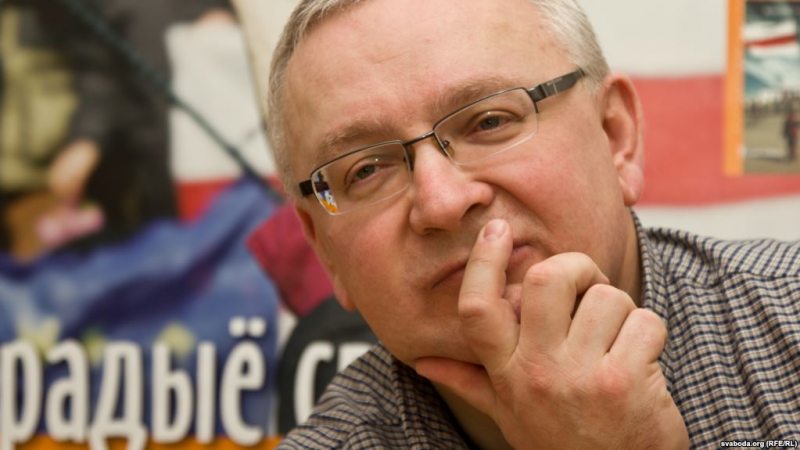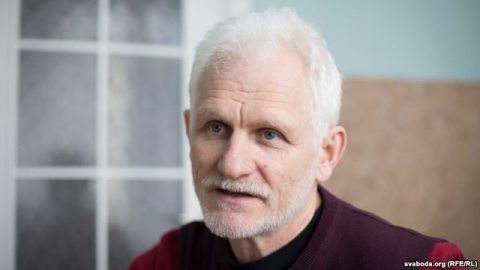‘Tough and slow’: For the first time in 20 years Belarus reports to UN Human Rights Committee
On May 18, Minsk hosted a discussion of the country’s periodic report on the implementation of the International Covenant on Civil and Political Rights. The document has already been submitted by the Government of Belarus to the United Nations Human Rights Committee. The event was organized jointly by the UN Office in Belarus and the Ministry of Foreign Affairs.
This consultation was organized for the first time in 20 years, since the country last reported to the UN back in 1997, while it should be prepared at least once every five years.
The joint report was prepared by the Foreign Ministry, the Supreme Court, the KGB, the Interior Ministry, the Prosecutor General's Office and other government agencies.
In addition to government officials, representatives of registered human rights organizations were invited to the meeting. Journalists were not allowed to cover the discussion, limiting their presence by the official part.
“The extent to which the country sincerely answers the questions of its obligations under the Covenant can be concluded from the report. The event was more about the possibility of cooperation in this direction. And when it comes to evaluating it, I would say it’s cautious optimism. Of course, this is far from the process that we would like to see, from a real, in-depth discussion of the situation and the existing problems.
Nevertheless, it is important that certain steps in this direction are being made. For example, there was a platform, which involved representatives of the civil society, except that unregistered organizations were not allowed to attend again. However, both the civil society and government agencies were able to take some steps to make such a discussion happen. However, all this is very tough and moving very slowly. I wish that could be a lot faster,” Aleh Hulak, leader of the Belarusian Helsinki Committee, told Radio Free Europe’s Belarus service after the meeting.
Ales Bialiatski, founder and leader of the Human Rights Center "Viasna", was not invited to the meeting. Nevertheless, he says the event is not a breakthrough, because such reports are submitted by all countries, in contrast to Belarus, which has made it for the first time in two decades:
“All governments must provide their reports. Belarus has long ignored its obligations, but they have finally prepared something. It’s difficult to say that it’s a ‘point of reference’, by and large, it's just the implementation of undertaken obligations. Although in a rather strange form, by separating the experts, people involved in human rights activities. We are opposed to this, we believe that it is wrong.
First, they create the law, which actually violates the country’s international obligations, dividing the human rights community into legal and illegal ones, displacing one of the most active parts to the side of the road, pretending that we do not exist at all. Of course, it is an attempt to weaken the human rights movement in Belarus. This is an old tactic, which has been long used in the country. In fact, it started from the destruction of non-governmental organizations in 2003-2004. Then the victims included four human rights organizations.”
The periodic report consists of more than fifty pages. It is made in the form of answers to the questions that came from the United Nations.
Human rights activists stress the fact that the Belarusian side keeps holding ground: the official Minsk does not consider it possible to implement the decisions of the UN Human Rights Committee, which were adopted in the cases of citizens of Belarus. The government says that these decisions are not binding, but advisory.
In turn, representatives of the civil society believe that such a position is evidence of the violation by Belarus of its international obligations arising from the Optional Protocol to the International Covenant on Civil and Political Rights.
Considering that Belarus refuses to react to the decisions of the UN structures, it turns out that the provisions of the Constitution, which give Belarusian citizens the right to appeal to international organizations in the event of violation of their rights, are only declarative in nature.



















